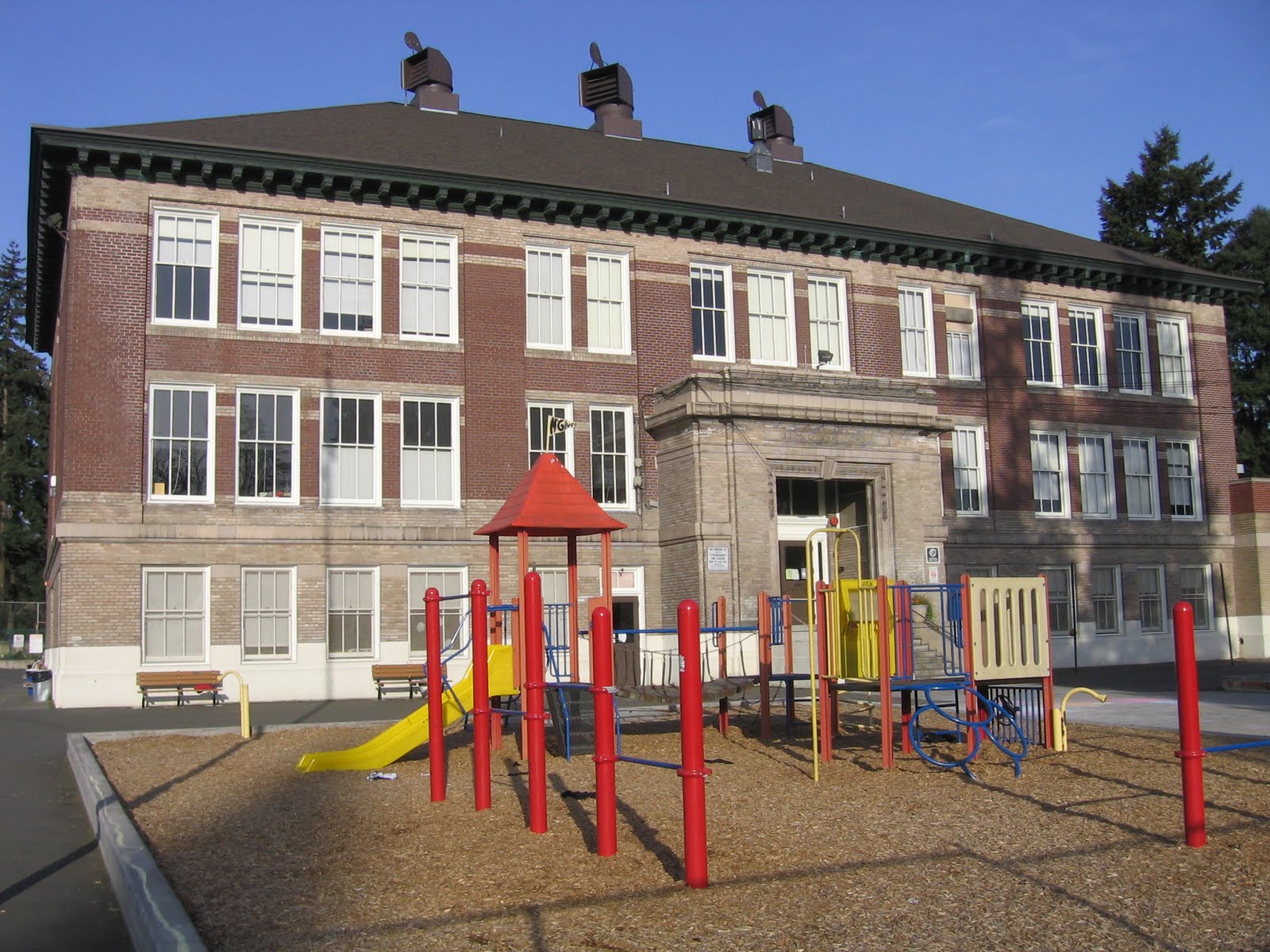At least eight public school districts have scheduled illegal strike days beginning this week. The strikes are part of a statewide effort organized by local teachers unions, with the support of the Washington Education Association (WEA), to pressure the state Legislature to direct more money to increases in teacher pay and benefits.
The WEA is not happy with the 2015-17 budgets proposed by the state Senate and state House—though, thus far, the WEA has only attacked the Republican-controlled state Senate’s budget. As Shift reported, the GOP budget proposal—just like Democrats’ proposal—assigns funding to reduce class-sizes for Kindergarten through the 3rd grade, altering the WEA-sponsored Initiative 1351’s push for class-size reductions that would swell its union dues. Unlike the Democrats’ plan, Republicans actually deal with I-1351 by sending the change back to voters in a referendum vote.
The change aligns with research that shows reducing class sizes to the extent demanded by I-1351 has no impact after the 3rd grade—though it would create more dues-paying WEA members, which is the union’s primary goal. The scheduled illegal teacher strikes are just more of the same from the WEA, this time with the participation local teachers unions. It’s an effort to benefit itself, at the expense of children, and not—as the teachers unions claim—to benefit students.
The Republican-controlled state Senate’s budget truly prioritizes education. Nearly half of the budget is designated to education spending. Here’s what the state Senate budget does for K-12 education:
- $2.7 billion biennial spending increase, a jump from $15.3 billion to $18 billion
- $1.3 billion to meet constitutional requirements as ordered in the state Supreme Court’s McCleary decision. That includes:
- $740 million more for materials, supplies and operating costs
- $350 million to reduce K-3 class sizes
- $190 million for all day kindergarten
- $230 million for K-12 teachers’ and other employees’ salary increases
- $210 million to pay for higher state pension costs, primarily due to longer employee life spans
- $1.3 billion to meet constitutional requirements as ordered in the state Supreme Court’s McCleary decision. That includes:
The Senate’s budget features a whopping 17.8% increase in state appropriations for education. Comparatively, non-education portions of the budget would grow by less than 6%. That’s the largest K-12 biennial percentage growth in 25 years. To put it in perspective, K-12 education comprises over 47% of the state Senate’s budget—the highest portion of the budget in over 30 years.




